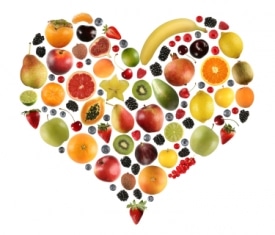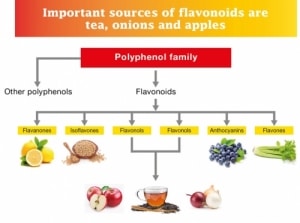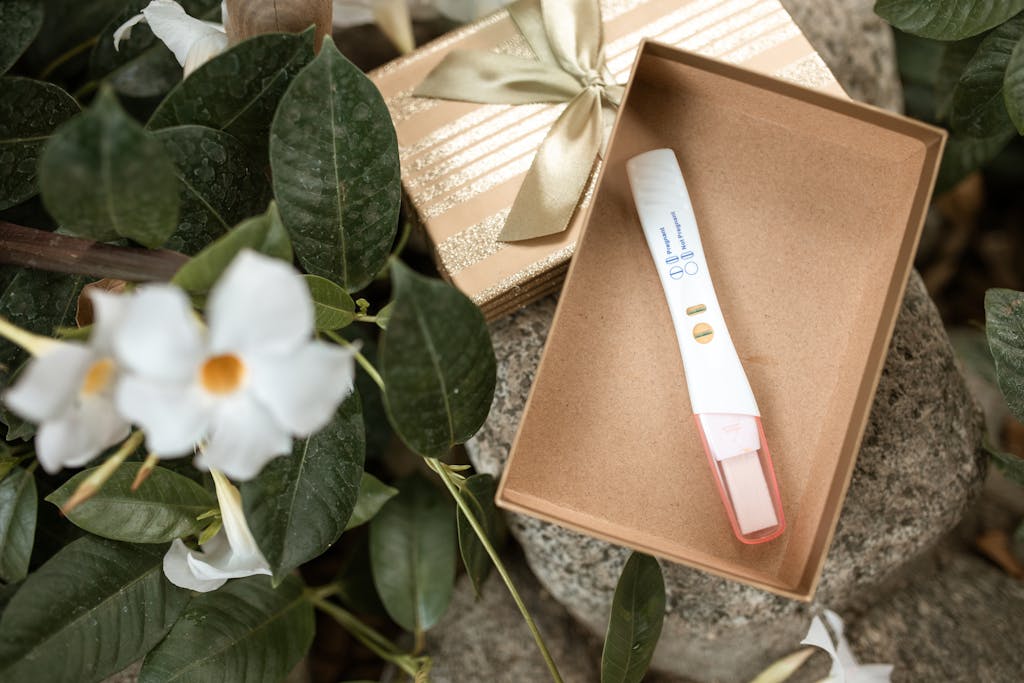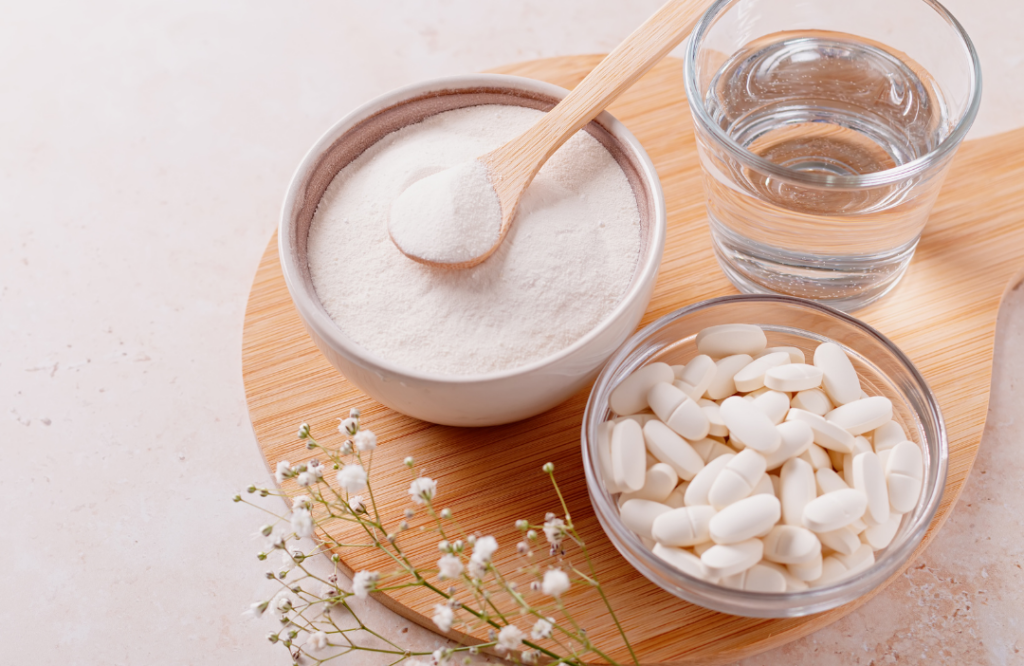Flavonoids: Eat them, love them, live forever
Published on April 3, 2014 by Dr. Caitlin Gordon
 The term flavonoids covers over 6,000 different substances found in plants. These amazing substances are powerful antioxidants that help protect your cells from damage and can help treat and prevent a number of serious diseases including heart disease and cancer!
The term flavonoids covers over 6,000 different substances found in plants. These amazing substances are powerful antioxidants that help protect your cells from damage and can help treat and prevent a number of serious diseases including heart disease and cancer!
- Indications you might need more flavonoids in your diet: Easy bruising, frequent colds and infections, frequent nosebleeds or excessive swelling after an injury. High cholesterol, high blood pressure, and cancer or a genetic predisposition to cancer are all great reasons to pay attention to your flavonoid consumption. A weakened immune system is another sign you need more flavonoids in your diet.
- Flavonoids work synergistically with vitamin C. Taking vitamin C along with flavonoid compounds (presented this way in nature usually) increases the antioxidant function. In addition to their potent antioxidant abilities, flavonoids have antibiotic properties and can disrupt the function of microorganisms like viruses and bacteria. In particular, HIV and HSV-1 (herpes simplex) have been studied.
- There is very little risk of toxicity from flavonoids. Even very high amounts have not shown any unwanted side effects in studies. Flavonoids in high doses are safe in pregnancy.
- Heat reduces the potency of flavonoids in foods. Cooking spinach reduces the content of flavonoids by about 50% and cooking onions by about 30%. This is one reason to only lightly steam your vegetables, or eat half of your vegetables raw to be sure you are consuming enough flavonoids in your diet.
There are a vast array of categories of flavonoids, and all do some incredible things for your body. Here are a few you may not have heard of, where to find them, and what benefits they provide!
Catechins
- Found in: Green tea (27%), oolong tea (23%), cocoa, vinegar, peaches, nectarines, barley, acai oil, argan oil
- Benefits: can reduce symptoms of Parkinson’s and Alzheimer’s due to selective MAO inhibition, enhances muscle fatigue resistance, histamine inhibitor (helps with allergies and auto-immune disorders), brain protection immediately following stroke, brain protective in HIV infection, helps filter indoor air pollutants, anti-cancer, anti-heart disease.
Hesperidin
- Found in: Oranges, lemons, other citrus fruits, especially in the pith (the white part)
- Benefits: studies in animals show reduced cholesterol and blood pressure, slowed bone density loss, protective against sepsis, anti-inflammatory, natural sedative, strong anti-cancer
Quercetin
- Found in: Capers, dill, cilantro, red onion, fennel leaves, watercress
- Benefits: Preliminary research shows benefits in asthma, antiviral properties, anti-cancer, reducing IgE levels (allergic reactions), prostatitis, metabolic syndrome and inflammation
My Daily Flavonoid Routine
In addition to eating a well-balanced diet full of fruits and veggies, I drink warm water with fresh squeezed lemon juice and apple cider vinegar every morning. I drink organic green tea 4-5 days a week and I cook with onions just about daily. I also get Acupuncture most weeks to make sure I am absorbing the most nutrition from my food, and keeping my immune system strong!
Want a great way to use cilantro? Check out: Cilantro Pesto Recipe
Recipes using raw cacao: Caitlin’s Superfood Raw Balls, and Raw Chocolate Pie
Need a vitamin C boost? Strawberry Cream Smoothie
Sources for data:
https://lpi.oregonstate.edu/infocenter/phytochemicals/flavonoids/index.html#intro
The contents of this site, including text, graphics, images, and other material are for informational purposes only. Nothing contained in this site is or should be considered or used as a substitute for professional medical or mental health advice, diagnosis, or treatment. Please schedule an appointment for personalized health advice.






